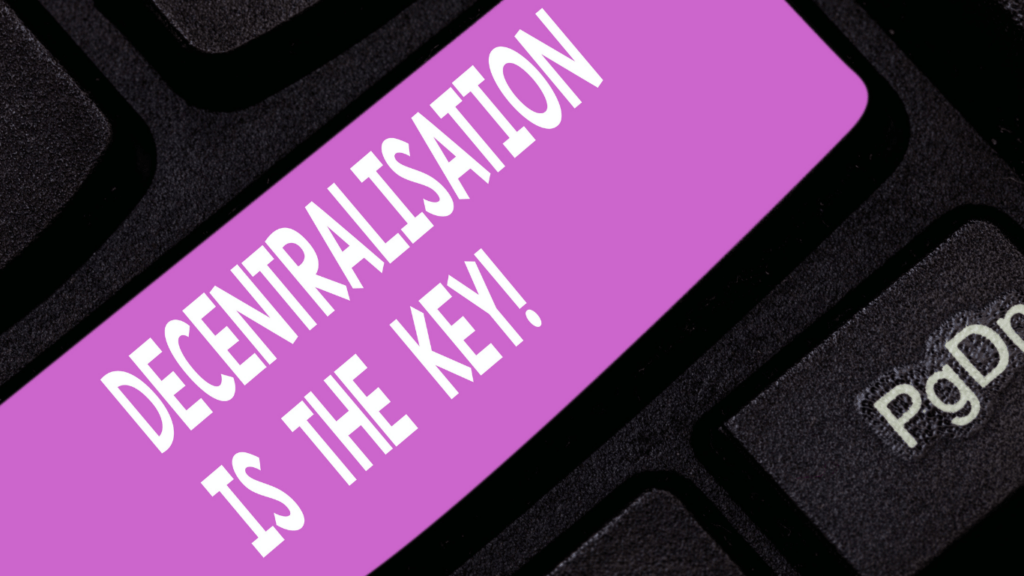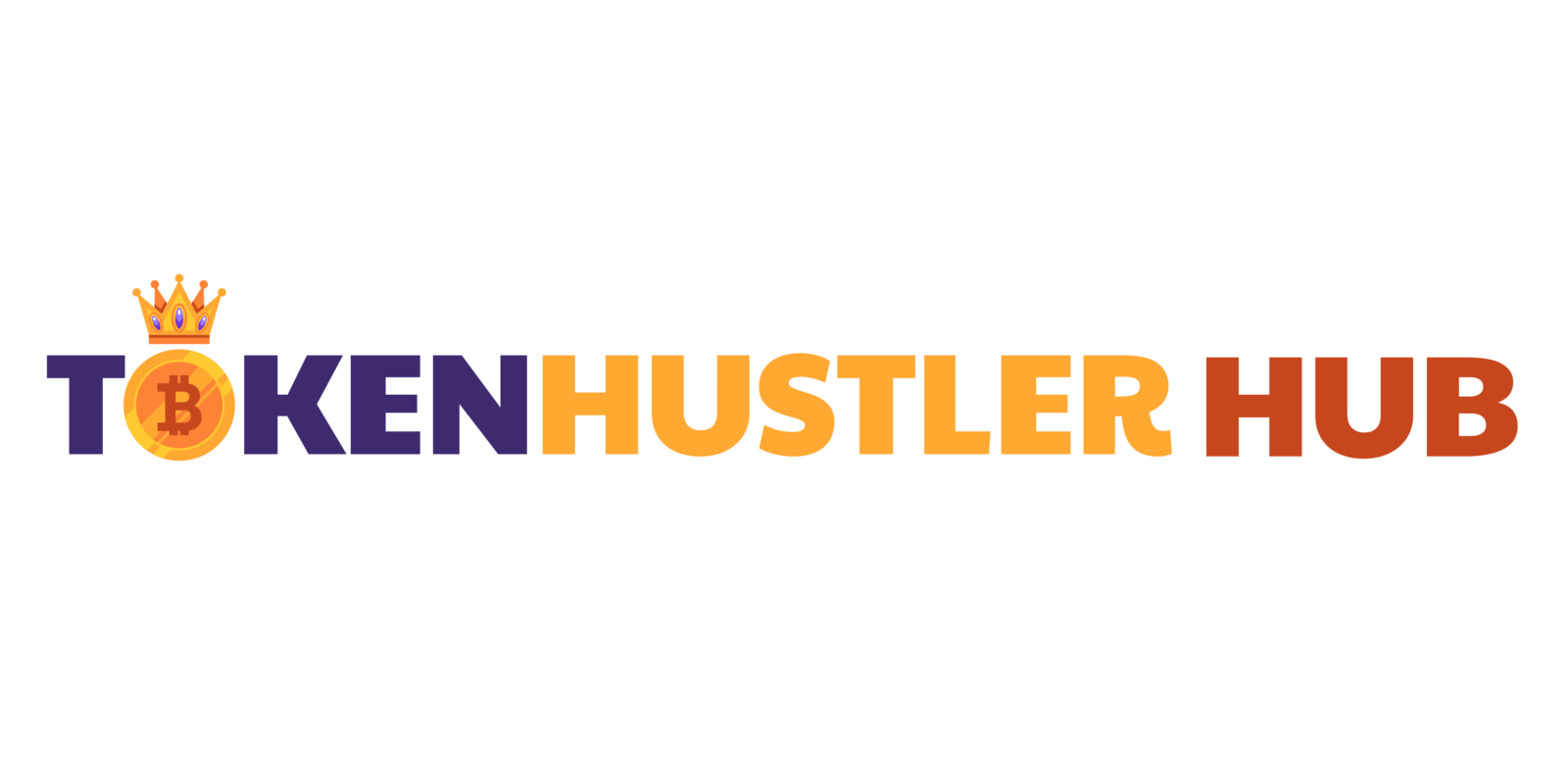Blockchain technology has come a long way from its early days powering cryptocurrencies. As we move closer to 2025, it’s clear this revolutionary tech is reshaping industries in ways we never imagined. From finance to healthcare and beyond, blockchain innovations are setting the stage for a more secure, transparent, and efficient future.
Overview Of Blockchain’s Evolution
Blockchain began as the foundation for cryptocurrencies like Bitcoin in 2009, offering a decentralized ledger to validate transactions securely. Over the past decade, it expanded beyond finance, becoming a transformative tool for industries such as healthcare, supply chain, and real estate.
In healthcare, blockchain improves patient data security and accessibility. For example, it enables encrypted record-sharing between providers, reducing errors and enhancing care continuity. Similarly, logistics sectors now integrate blockchain to trace goods in supply chains, ensuring transparency and minimizing fraud. Walmart uses it to track food production, improving traceability.
Blockchain’s evolution also includes breakthroughs like smart contracts. These self-executing agreements automate transactions when predefined conditions are met, streamlining processes in industries like insurance and real estate. Ethereum pioneered this feature, influencing broad adoption.
From distributed ledgers to tokenization, blockchain’s adaptability has reshaped traditional systems. Tokenization converts physical assets, such as real estate, into digital tokens, enabling fractional ownership. By 2025, such applications could drive further decentralization and unlock scalability.
Key Trends In Blockchain Innovations

Blockchain technology is advancing rapidly, setting the stage for game-changing developments by 2025. These innovations, driven by scalability, integration, and decentralization, are redefining industries.
Rise Of Decentralized Finance (DeFi) 2.0
DeFi 2.0 introduces more sustainable liquidity models and enhanced user incentives. Automated market makers (AMMs), like those used in Uniswap, are incorporating features to minimize risks such as impermanent loss. Protocols in DeFi 2.0 aim to address security flaws by implementing insurance mechanisms, ensuring asset protection for users. Governance models are also evolving to increase community participation through decentralized autonomous organizations (DAOs), promoting transparency and fairness.
Integration Of AI And Blockchain
- AI integration strengthens blockchain’s data processing and decision-making capabilities.
- Smart contracts are leveraging AI to execute transactions based on predictive analytics, improving efficiency.
- AI-driven algorithms enhance blockchain’s ability to detect fraud and anomalies in financial systems.
- By combining immutable ledgers with AI’s analytical power, industries such as healthcare and supply chain can achieve real-time monitoring, precise tracking, and faster resolutions for complex challenges.
Interoperability Among Blockchain Networks
Interoperability eliminates the isolation of blockchain ecosystems, enabling seamless communication between networks. Cross-chain communication protocols, such as Polkadot and Cosmos, facilitate asset transfers and data sharing across blockchains. Interoperable systems optimize resource usage, preventing redundancy in multi-platform structures. By connecting networks, interoperability supports the broader adoption of blockchain in sectors like banking, gaming, and decentralized identity management.
Top Innovations Transforming Industries
Blockchain advancements have redefined operational standards across multiple sectors, providing:
- unprecedented security
- transparency
- efficiency
These innovations are shaping critical domains to meet the demands of the digital age.
Blockchain In Healthcare
Blockchain has revolutionized healthcare by securing patient data and enabling seamless access. Encrypted record-sharing systems allow healthcare providers to exchange sensitive information without compromising privacy. For example, MediBloc and Medicalchain facilitate decentralized, tamper-proof medical records, improving care continuity for patients. Automation of claims processing also reduces administrative costs and fraud, ensuring transparent billing. Blockchain’s traceability applications enhance the safety of pharmaceutical supply chains, preventing counterfeit drugs and ensuring regulatory compliance.
Supply Chain Transparency Through Blockchain
Supply chains operate more efficiently with blockchain by delivering traceability and fraud prevention. Distributed ledger technology records each step of the supply chain in real-time, ensuring provenance and accountability. IBM Food Trust, for instance, uses blockchain to track agricultural goods, reducing contamination risks and response times in foodborne illness outbreaks. Smart contracts enable automatic execution of supply agreements when conditions are met, streamlining operations for industries like retail and manufacturing. Blockchain minimizes errors, enforces process integrity, and fosters consumer trust globally.
Blockchain-Based Digital Identity Solutions
Digital identity management has transformed with blockchain, reducing reliance on centralized systems and improving user control. Solutions like uPort and Sovrin provide decentralized identity credentials, allowing individuals to manage their data securely and portably. These systems safeguard against identity theft by sharing information through cryptographic proof rather than exposing personal details. Governments and financial institutions adopt blockchain for digital IDs to facilitate secure online services, such as remote banking and e-government applications. This shift improves data portability and inclusivity, particularly for underserved populations.


 Crypto Trends Reporter
Crypto Trends Reporter

